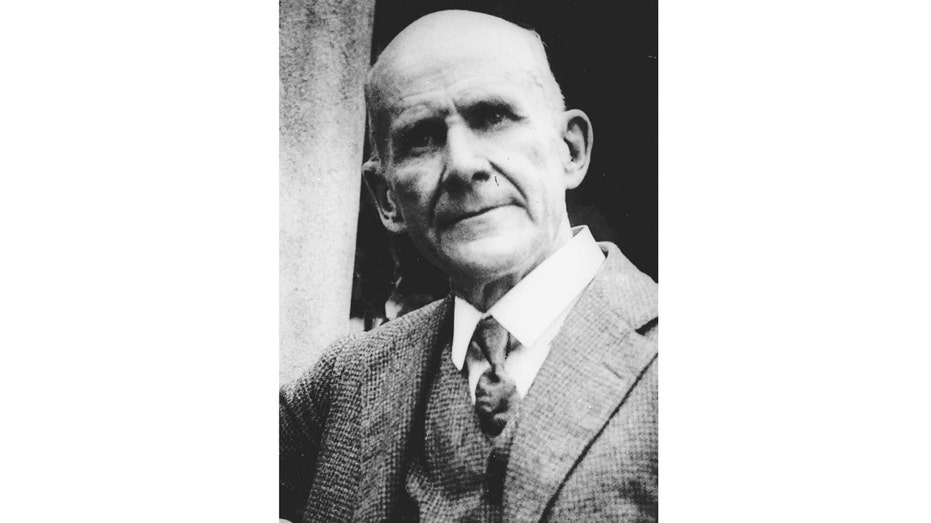Following his unprecedented felony conviction, former president and presumptive Republican nominee Donald Trump has to wait to find out what his sentence will be. But even if it involves time behind bars, that doesn’t mean his campaign to return to the White House comes to an end.
He wouldn’t even be the first candidate to run for that office while imprisoned. That piece of history belongs to Eugene V. Debs, who ran on the Socialist Party ticket in 1920 — and garnered almost a million votes, or about 3 percent.
AMERICANS MAKE THEIR VOICES HEARD ON THE TRUMP VERDICT
The circumstances are obviously different. Debs, despite his influence and fame, was effectively a fringe candidate that year; Trump has already held the office and is running as the near-certain nominee of one of the country’s two major political parties. But there are similarities, too.
Debs, born in 1855, became a strong voice advocating for labor causes from the time he was a young man. A staunch union member and leader, he was first sent to prison for six months following the 1894 Pullman rail strike, on grounds he violated a federal injunction against the strike.
He became a committed socialist, and a founding member of the Socialist Party of America. He ran for president as a socialist in 1900, 1904, 1908 and 1912.
In 1918, though, he was sent to prison for speaking out against American involvement in World War I, which was a violation of the recently passed Sedition Act. But being locked up in a federal prison in Atlanta didn’t lower Debs’ profile at all, and in 1920, he was once again nominated as the party’s presidential candidate.
Being in prison didn’t make campaigning impossible, either. While Debs obviously could not travel around the country himself, his party turned his status into a rallying point, using his convict number on campaign buttons. Surrogates spoke for him, as well as a film clip of him being told of his nomination that played around the country, said Thomas Doherty, professor of American Studies at Brandeis University.
“The fame of Debs and the novelty of him running for president from prison gave him a sort of purchase,” Doherty said. “It was a credible campaign, considering you’re running from prison.”
























